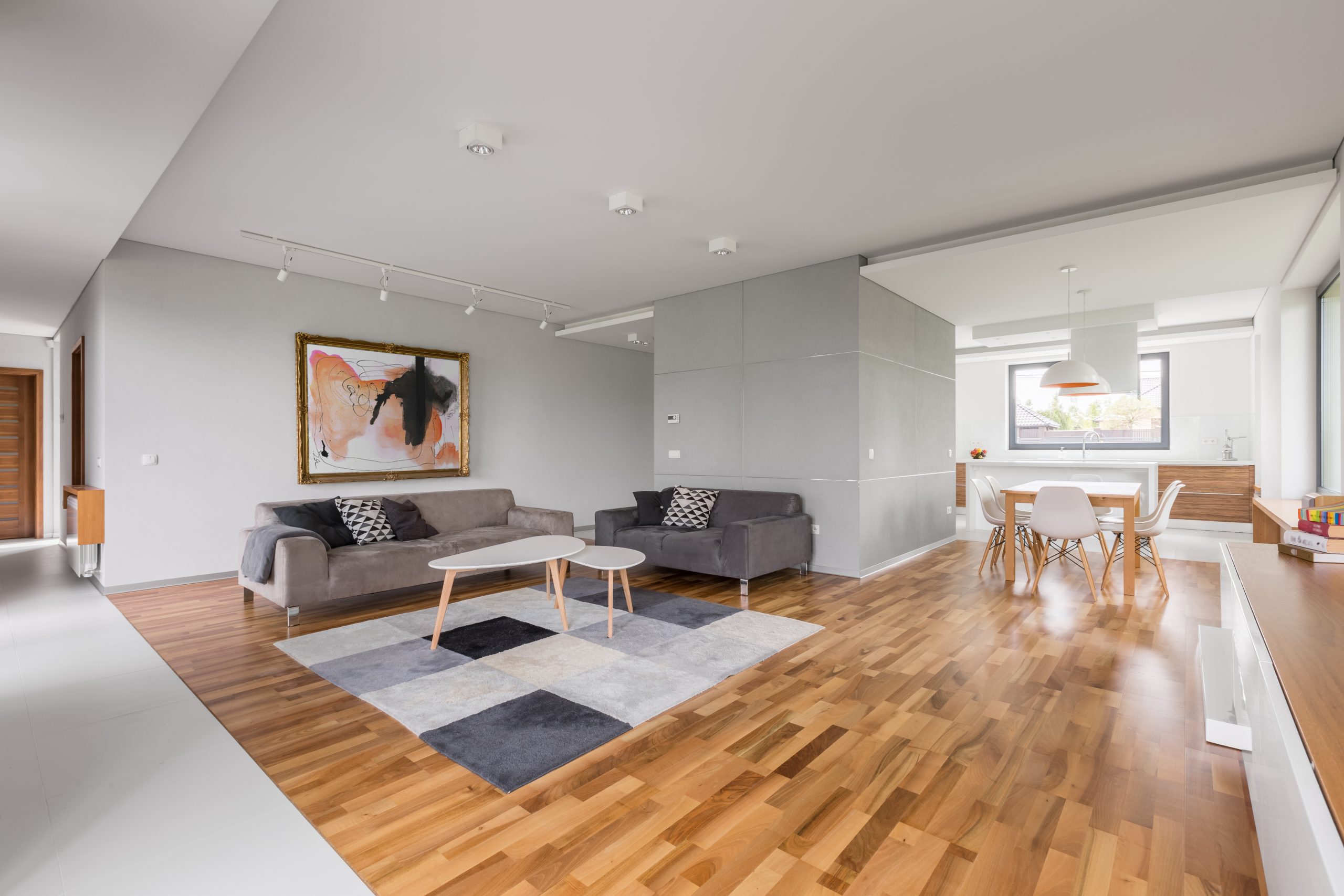PWS Individual Transitions into Shared Accommodation

‘Transition‘ is often the forgotten word when discussing the life cycle of someone living with Prader-Willi Syndrome (PWS). For the majority of individuals heading into adulthood transitioning into shared accommodation out of the family home is the next step and it is important to focus on several factors that will help make this transition as successful as possible.
Location
It is very important to consider the geographic location of new accommodation when someone living with PWS enters adulthood. Most young adults have built up support networks within their community and are confident and familiar within their family home. It can be a very difficult exercise to rebuild these connections in a new geographical location. Moving to an unfamiliar location means they will lose these connections, familiarity and existing support networks which can negatively impact on their confidence and be extremely challenging to rebuild. Having said that, it is also important to actually move out of the family home but moving “around the corner” perhaps isn’t best-case scenario for growth and independence of the person moving out as they can develop a continued unhealthy reliance and dependence on family members inhibiting their growth into adulthood. Group homes aim to foster and develop a level of independence that matches the person’s skills and needs.
Staffing
A PWS educated staffing team is a must at any group home. As parents, you want to feel confident that the supporting team have a least some level of understanding of the complicated nuances of PWS and how to best support your child. Throw into the mix, additional training in diabetes, nutrition, exercise, and behaviour support from registered as a minimum requirement for any PWS group home beyond just supervision. It is also important that this training is backed up by regular ongoing checking in with family, care providers, support team and staff to make any necessary adjustments in training and routine to continue to achieve the best outcome.
Take your time
It is very important that the process of moving into a new group home is gradual over time. While circumstances won’t always allow this to happen, I have found the best results have always come when time is taken to move into a new living arrangement. Take time to get to know the new housemates, come over to dinner, meet staff, spend a night and get to know the new house routines. When ready to actually move in, one of the most important aspects I have found is to have a routine already set in place that is similar to the routine that will be followed at the group home. From my experience, not having a routine can be very counterproductive and set back plans for several months while trying to implement best practices for those living in the group home. With a dedicated individual routine set out from the start, we are setting a baseline for reference which is important for not only the new resident but for staff to always refer to. This routine must be made jointly with all stakeholders and be aligned with the set values of the home. The more time dedicated to the moving process the better the outcomes for short term and long-term housing prospects.
Property Design
The physical layout of the house must always be considered when looking for new accommodation. One of the key things to look out for is access to the kitchen or how the kitchen is set up. But what is often overlooked is the other space, lounge room, bedroom, and how the house is set up between all residents from personal to shared spaces. I know from experience that a house that is cramped with bedrooms opening on to each other will cause friction at some point in time. Open space and different access points are important to avoid conflict. If you have the option, I would be considering a residence with as much space as possible. Young adults with PWS, while very sociable, are also very egocentric and living under the one roof having to share all spaces can cause friction. Multiple living areas that can be shared or enjoyed independently in addition to one’s own bedroom are ideal. The more space and more of their “own space” the more secure and safe they will feel. Ideally, having your own self-contained unit would be the best housing option, but unfortunately, these are still yet to be developed and could be considered isolating and lonely. Hopefully, in the near future, there will be more suitable housing options for young adults with PWS transitioning into adulthood and independent housing away from the family home.
Expectations
Lastly, and most importantly, understanding and managing expectations. Supported Independent Living (SIL) is not the family home, it will never replicate the family home, and it is not set up to do that. The primary role of group homes as SIL providers is to support and educate independence in individuals living with PWS with compassion and understanding and to facilitate their independent living as much as is possible. This can be a difficult adjustment for the parents as much as it is for the young adult transitioning. Coming from a family environment where individuals have been loved, cared for and sheltered for most of their lives by their parents, siblings, carers and other relatives, it can be very difficult to transition into a new group home for everyone. It’s vitally important to work collaboratively with families and staff to ensure that we are working from the same chapter, but also to understand that the role of a SIL worker is very different to that of a Mother or Father. This is a time of change for all. Transitioning the right way can make this process into adulthood less stressful and actually an enjoyable experience.
